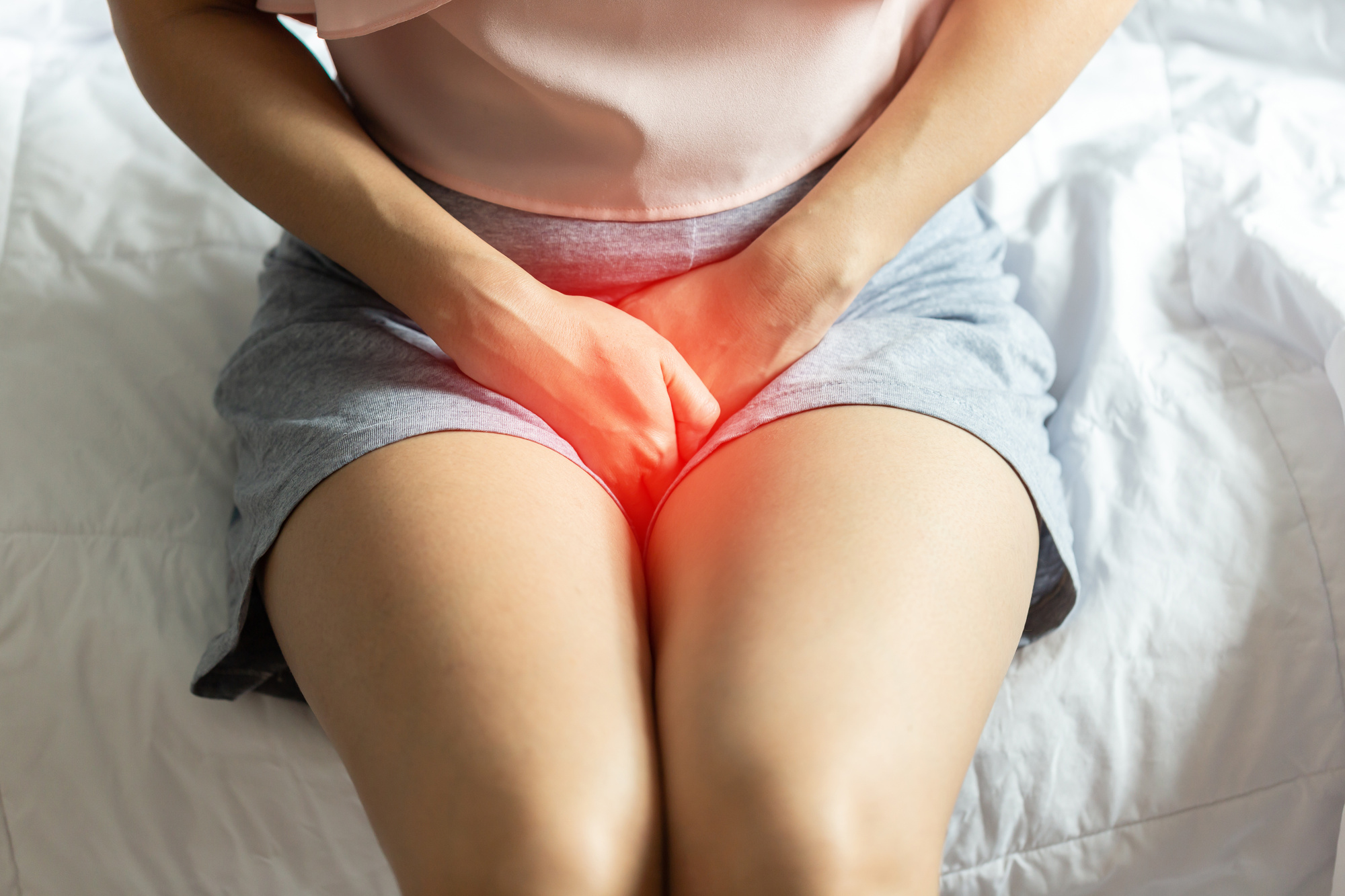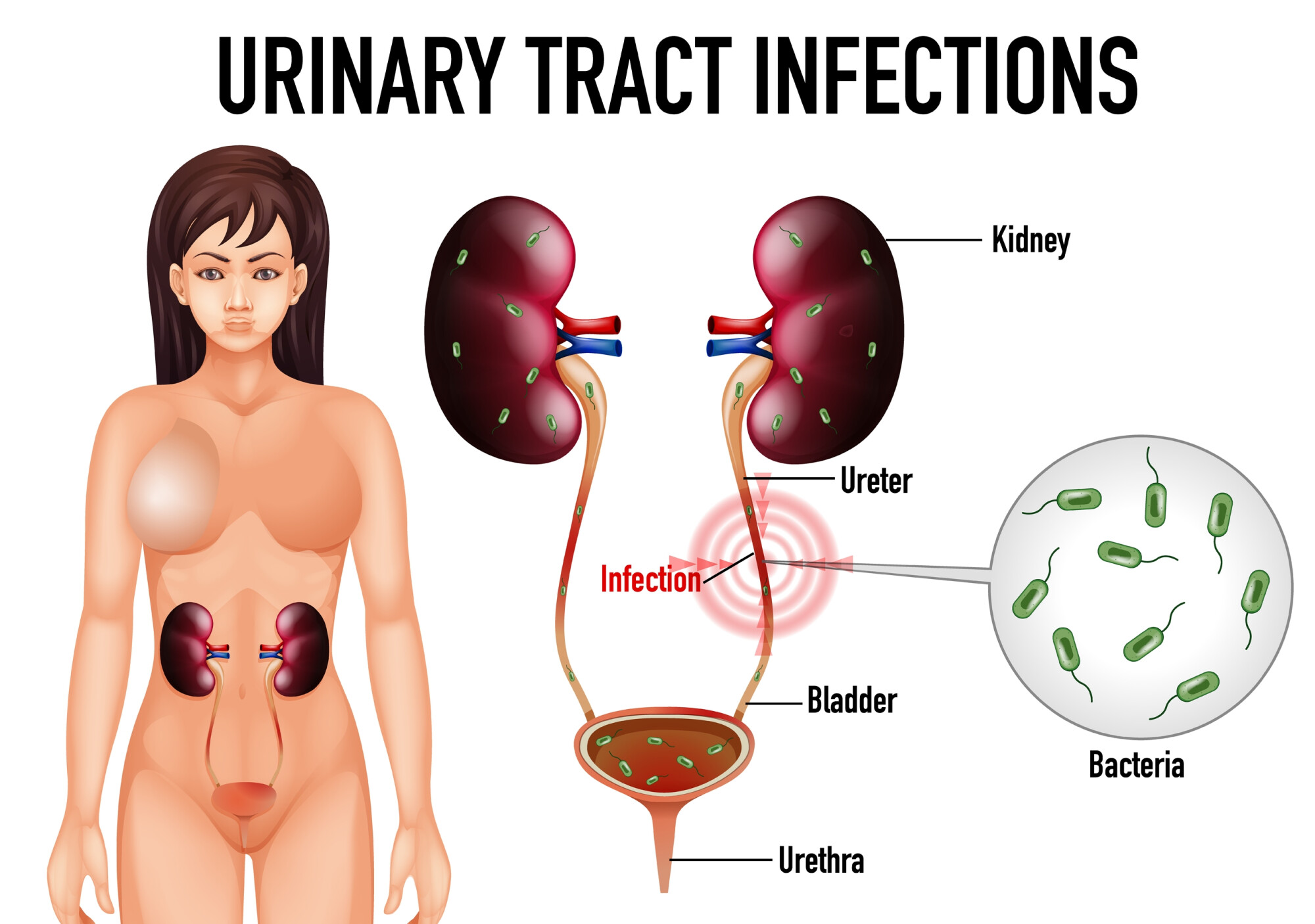
5 Most Common Causes and Treatments of Bladder Pain in Women
Many people suffer from bladder pain without knowing the direct cause.
Bladder pain might be embarrassing, and some women choose not to seek treatment. Unfortunately, bladder pain can be a symptom of some harmful conditions. If treatment isn’t sought and administered, the situation could become serious.
If you or a loved one is suffering from an irritated bladder with no obvious cause, you’re taking a good first step by researching.
Keep reading to learn about several common causes of bladder pain and how they can be treated.
Cystitis
Cystitis is simply an irritation caused by inflammation in the bladder. Cystitis has several different causes, but it is often caused by an untreated urinary tract infection (or UTI).
It can also be caused by certain medications, poor hygiene, radiation, and even irritating products (like soaps).
It occurs primarily in women, though there are men who get it as well.
When someone has cystitis, they’ll likely feel an increased urge to urinate, pain in the bladder, increased bladder fullness without relief, and they may find blood in their urine.
Cystitis can be acute (or arriving suddenly) or interstitial (or long-term).
There are several ways that a doctor may diagnose cystitis.
They may use imaging, or they may use a cystoscopy. During the cystoscopy, they will take a small camera into your bladder and potentially collect material to biopsy.
How is it Treated?
If your cystitis requires medical attention, you may be taken in for surgery. Most of the time, though, this isn’t the case.
Antibiotics are the standard treatment for bacterial cystitis.
You can also manage mild cystitis at home through over-the-counter painkillers, clean and breathable clothing, increased water intake, and rest.
Urinary Tract Infection (UTI)
UTIs are the most common cause of bladder pain, and they’re incredibly common for women.
These are always caused by bacteria, and anyone who is sexually active should take care to avoid them.
Unhygienic clothing, sexual intercourse, poor hygiene, and anything else that can push bacteria into the urethra are all causes of urinary tract infections. They are not contagious and you can not spread them to sexual partners (though they are incredibly uncomfortable).
Up to 50% of women will get at least one UTI in their lifetime, and the risk of future infection increases with each one.
How is it Treated?
UTIs, when they need a doctor’s intervention, are treated with antibiotics.
Drinking a lot of water to help flush bacteria out is also important.
Some people suggest the use of cranberry juice as a UTI treatment, but most information on that is anecdotal. If you’d like to try treating your UTI at home, drinking plenty of no-sugar-added cranberry juice is an option.
Left untreated, though, a UTI can lead to a more serious infection. It’s best to see a doctor.
Pudendal Neuropathy
This is an uncommon condition, but also really not well known.
It happens when the pudendal nerve (in the pelvis) is compressed. This can happen when there’s direct injury to the pelvic area, when one partakes in extreme sports, and it can happen after giving birth.
It’s incredibly uncommon in comparison to the other conditions listed, with chances of getting it being around 1/100,000.
It’s difficult to diagnose, though one sign of pudendal neuropathy is a lack of pain when trying to sleep and increased pain while sitting.
How is it Treated?
As it’s incredibly uncommon, the best treatment isn’t yet found.
That said, it can be treated surgically. It can also be handled with nerve blockers or neuromodulation (or sending electricity right to the nerves in question).
This requires medical intervention to ease the discomfort.
Kidney Stones
Kidney stones are an unfortunate cause of bladder pain. They are incredibly common but also very painful.
They have several potential causes, including diet, obesity, and certain medications and dietary supplements. Essentially, the more substances in your body that can solidify into crystals (such as calcium), the more likely you will get kidney stones. Some kidney stones are also genetic.
Drinking plenty of water is one way to help avoid kidney stones forming, but there are still plenty of risk factors that make them possible.
Aside from bladder pain, other symptoms of kidney stones are sharp pains in the back and sides, nausea, and blood in the urine.
Kidney stones can be diagnosed through an ultrasound or blood and urine tests.
How Are They Treated?
Sometimes kidney stones can pass on their own. Drinking plenty of water and taking over-the-counter painkillers can help the process along.
Unfortunately, many do require medical care.
There are various surgical options for kidney stones that are too big to pass. Your doctor may also choose to use sound waves to break up the stones, or a scope to remove them. You will be sedated for all of these, as they can be uncomfortable.
Bladder Cancer
Bladder cancer is another cause of bladder pain.
Bladder cancer is usually caught early, making it an incredibly treatable form of cancer. Pain while urinating and blood in the urine are symptoms of cancer and several other conditions, so if you experience these long-term, it’s crucial that you see a doctor.
Smoking, radiation, and certain parasitic infections can call cause bladder cancer, but it can also occur without any obvious trigger.
For diagnosis, a doctor may take a biopsy or a urine sample depending on their suspicions. There may also be some ultrasound imaging.
How is it Treated?
As in all other cancers, chemotherapy is an option. Surgery can also be performed to remove the offending tissue.
There are other medical therapies available, like radiation therapy and immunotherapy.
This will all depend on how far the cancer has progressed.
Bladder Pain Shouldn’t Be Ignored
If you’re suffering from bladder pain, it’s possible that you have a serious condition that requires medical intervention. Bladder pain is uncomfortable, but seeing a doctor if it persists might save you more pain down the line.
If you’re suffering from bladder irritation and you’d like to seek medical help, visit our site to contact us and make an appointment.

